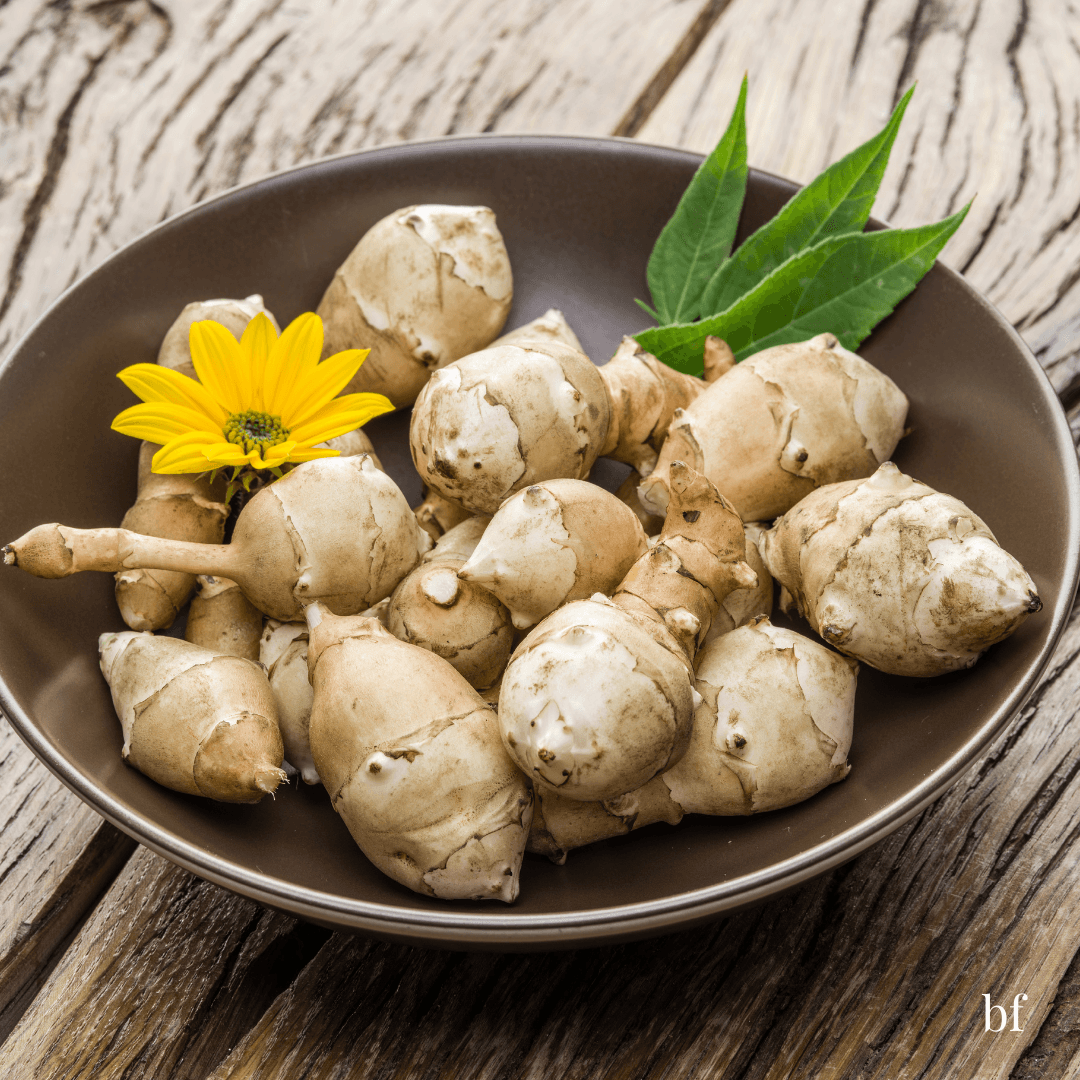Sunflower
“Keep your face to the sunshine and you cannot see the shadow. It’s what sunflowers do.” – Helen Keller.
The sunflower was dedicated to two gods in ancient times. In Peru, it was the emblem of the Sun God, Inti, and in Greece it was dedicated to their Sun God, Helios. And for us modern folk, perhaps we should have it as the symbol of summer. It is such a cheerful flower it could surely bring brightness to the gloomiest of person.


Sunflowers were first cultivated over 3000 years ago by the American Indians and introduced to Europe in the sixteenth century by Spanish explorers.
The first people to cultivate sunflowers in vast quantities were the Russians who realised it was an easy crop to grow and the oil extracted from the seeds was extremely versatile.
Sunflower is one of the most commonly used cooking oils in the world and most margarines are made with it but, if you want any health benefits, you need a cold pressed oil which for some reason, isn’t so easy to come by.
Cultivation: Easy! Throw a few seeds on the ground, cover them with a layer of soil and they will grow.
One of the main reasons that they don't germinate is because the birds eat the seeds, so be sure to hide them!
If you are not keen on the huge yellow sunflowers (some grow up to 4 metres high), there are lots of small varieties available, and a whole range of colours.
The Jerusalem Artichoke is a member of the sunflower family and are just as pretty, although the flowers are smaller. The edible root can be harvested throughout the year.


House & Garden: Here are some uses that you may not have thought of
- Use them as a windbreak or for sun protection for tender vegetables and flowers.
- They absorb excess water from the soil - perfect for clay.
- Dried plants are a useful fire kindling and the ash is a good potash fertilizer.
- The fibrous pith is used for textiles and paper making.
It is - used for making lifebelts because it is so light.
- Boil the flowers for a yellow dye.
- Give the seed to chickens to increase egg yield. - It is a good companion plant for mielies.
- Use it in oil lamps, add a few drops of citronella oil to chase away mosquitoes.
Medicinal: Chew seeds or add to a syrup to ease asthma and relieve coughs.
If you have children who tend to have asthma attacks when they are stressed, give them some as a snack. They won’t realise they are having a medicine, and it will ease the tightness of the chest.
Sunflower cough syrup is excellent, but it doesn’t keep for more than a month, so make it as needed. But, if you have asthmatics in the family you may want to keep a bottle on hand all of the time.
Seeds are also used to heal kidney infections. A tincture of the plant has been used to treat malaria, but I have no idea how effective it is, and cannot verify this. The dried leaves can be used as a tobacco to replace nicotine.


Culinary: Seeds are roasted, used in breads, biscuits, stir fries, stuffing etc. The seeds sprout easily but become bitter after two days, so eat them quickly.
Cosmetic: Use cold pressed sunflower oil as a base oil for massage, or add to body creams
Botanical name: Helianthus annuus
Become a
HERB WHIZZ
How do you learn about herbs?
By joining the
Barefoot Herb Club
Where you discover one new herb every single week!






